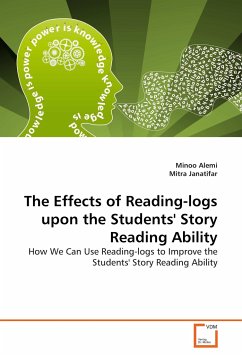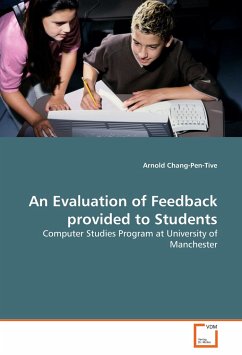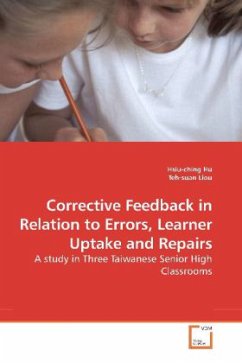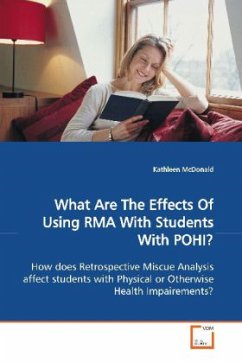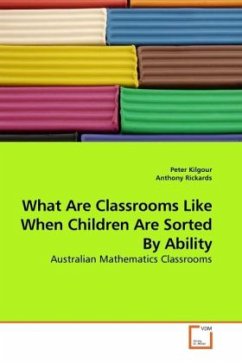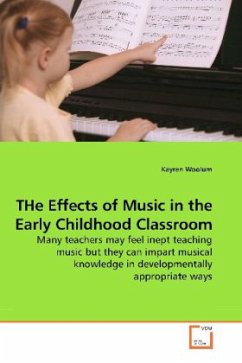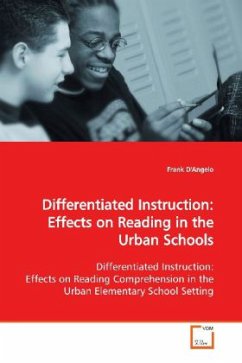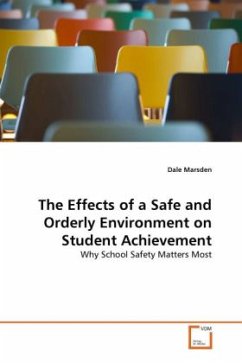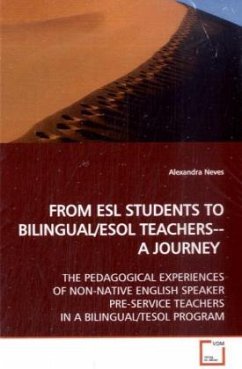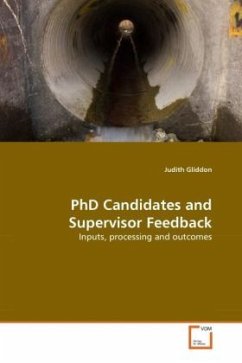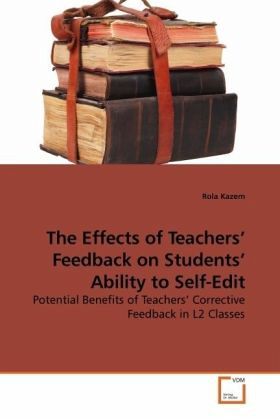
The Effects of Teachers Feedback on Students Ability to Self-Edit
Potential Benefits of Teachers Corrective Feedback in L2 Classes
Versandkostenfrei!
Versandfertig in 6-10 Tagen
32,99 €
inkl. MwSt.

PAYBACK Punkte
16 °P sammeln!
Several studies on error correction in second language writing have provided conflicting evidence in improving students'accuracy over time. Yet, one issue of concern for most ESL language teachers and educators has not been thoroughly examined which is how explicit the error feedback should be in order to help students self-edit their texts. Hence, the study in hand examined whether or not error feedback helps ESL students improve the accuracy and quality of their writing. Fifty-one high-school ESL students differing abilities to self-edit their texts across three feedback conditions were inve...
Several studies on error correction in second language writing have provided conflicting evidence in improving students'accuracy over time. Yet, one issue of concern for most ESL language teachers and educators has not been thoroughly examined which is how explicit the error feedback should be in order to help students self-edit their texts. Hence, the study in hand examined whether or not error feedback helps ESL students improve the accuracy and quality of their writing. Fifty-one high-school ESL students differing abilities to self-edit their texts across three feedback conditions were investigated. The study also examined the relationships between students self-assessments of their own writing problems, their preferences about error correction and their prior knowledge about specific grammar problems and their written forms. Statistical procedures were used to analyze all the data including descriptive statistics, ANOVA, MANOVA, Post-Hoc Scheffe, and Pearson-product correlations. Teachers struggling in their writing classes should find particular interest in the conflicting results and pedagogical implications presented here.



